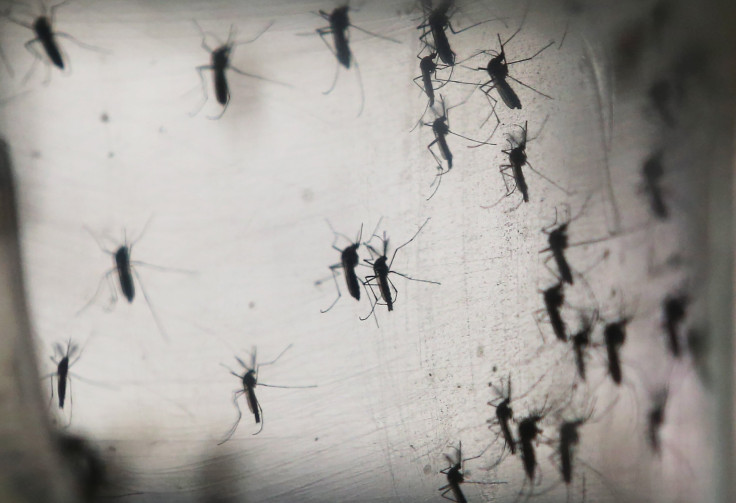What Will The Next Epidemic Be? Mosquito-Borne Ross River Virus On Par To Become New Zika

Mosquitoes could be responsible for causing yet another outbreak of disease throughout the world, according to a recent study. The Ross River virus, currently found in Australia and Papau New Guinea, might be the next big mosquito-borne global epidemic, researchers from the University of Adelaide and the Australian National University revealed.
The virus, also known as Ross River fever, has likely been circulating throughout the South Pacific since the 1980s and “could potentially become endemic well beyond its current known distribution,” according to the study, which was published Wednesday in the International Journal of Infectious Diseases.
“With the large number of Australians now traveling, it would not be unreasonable to expect one or more tourists to carry RRV overseas to seed a new epidemic,” said Phil Weinstein, a professorial research fellow at the University of Adelaide’s School of Biological Science and one of the study’s lead authors. “With the right conditions, this could take off globally in exactly the same way Zika did.”
The world has been on high alert for mosquito-borne viruses since the outbreak of Zika in 2015. Zika, caused by the bites of certain types of mosquitoes, caused babies to be born with microcephaly, a condition where the brain is extremely small. There is still no vaccine or medication to treat or prevent Zika.
Ross River fever is harbored by animals like kangaroos and wallabies and spreads through mosquito bites to humans. In instances of large outbreaks, mosquitoes transmit the virus from person to person as well, according to South Australia’s National Health Services.
Most people don’t show visible symptoms once they contract the virus, though the severity of patients' symptoms increases with age. Fever, muscle aches, headache, severe joint pain and fatigue can occur. In the majority of cases, symptoms disappear within six weeks, though about 10 percent of people who contract the virus show continued depression and fatigue.
A major outbreak in the South Pacific in 1979 caused more than 500,000 cases of the virus, according to the study. There is no vaccination or medicine available to prevent Ross River virus, and the only way to avoid contraction is by preventing mosquito bites. The Centers for Disease Control and Prevention warned any Americans traveling to Australia or Papua New Guinea to protect against bites by using potent bug spray and mosquito nets.
© Copyright IBTimes 2024. All rights reserved.






















